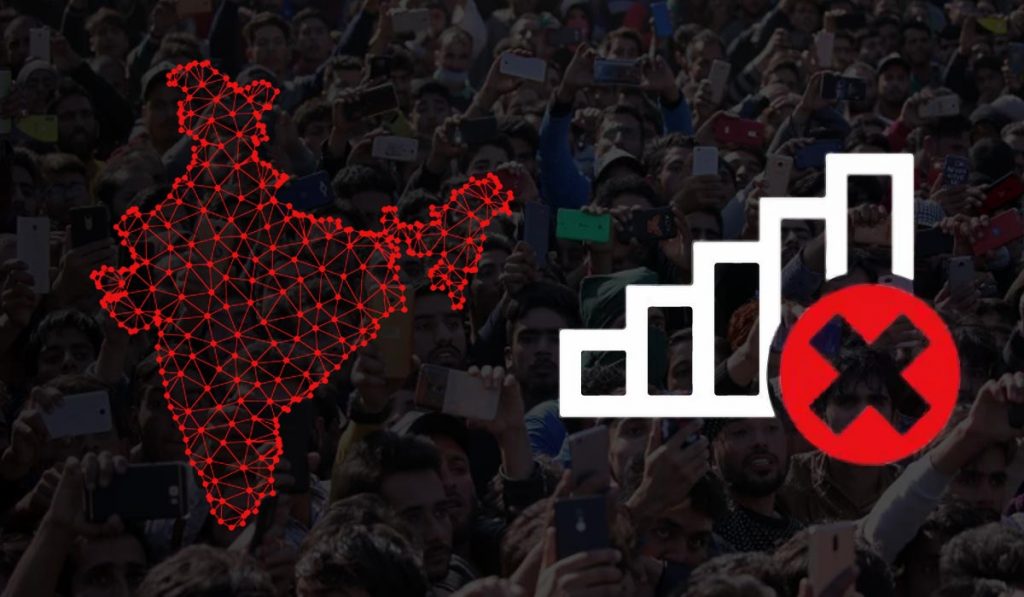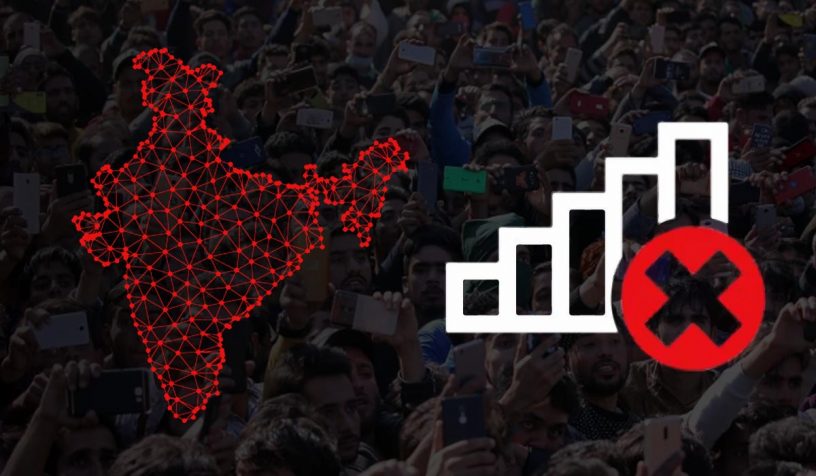
The article identifies various factors that ought to be considered by courts in determining whether an internet shutdown is a reasonable and proportionate response to the problem at hand.
Authors
Shrutanjaya Bhardwaj, Lawyer in Delhi and a Fellow at the Centre for Communication Governance at National Law University Delhi (CCG).
Nakul Nayak was a Project Officer at CCG. He is currently an Assistant Professor at Jindal Global Law School, O.P. Jindal Global University, Sonipat, Haryana.
Sarvjeet Singh, Doctoral Candidate at National Law University Delhi.
Raja Venkata Krishna Dandamudi was a Research Associate at CCG.
Veda Handa, technology policy lawyer in Delhi and was a Research Assistant with CCG.
Summary
In the backdrop of India’s problematic record with internet shutdowns, this article undertakes a comprehensive analysis of the validity of internet shutdown orders vis-à-vis the right to freedom of speech and expression guaranteed by Article 19(1)(a) of the Indian Constitution. To this end, shutdown orders are separately assessed under the three fundamental requirements of Article 19(2) which exhaustively lays down the manner in which, and the reasons for which, restrictions can be imposed on free speech.
First, to assess whether shutdown orders are provided by law, the article studies and compares the various Indian legislations (both primary and secondary) under which shutdowns are imposed by the Central and State Governments, including the Telegraph Act, 1885, the Code of Criminal Procedure, 1973, and the Information Technology Act, 2000.
The requirement of publication of shutdown orders – another component of lawfulness/legality – is also discussed. Second, the legitimacy of shutdown orders is assessed against the exhaustive list of aims contained in Article 19(2), with a specific focus on “public order”.
Third, on reasonableness, the article identifies various factors that ought to be considered by courts in determining whether an internet shutdown is a reasonable and proportionate response to the problem at hand.
The article also examines judicial trends with respect to challenges mounted against internet shutdown orders. All relevant judicial orders – right from the Gujarat High Court’s abdication of constitutional responsibility in Gaurav Vyas (2015-16) all the way up to the Supreme Court’s abdication in Foundation for Media Professionals (2020) – are studied and critically analyzed.
Before concluding, we identify possible areas of further research to take forward the discourse on finding the right balance between the demands of free speech and societal security concerns.
Published in: Indian Journal of Law and Technology
To read the full article, please click here


